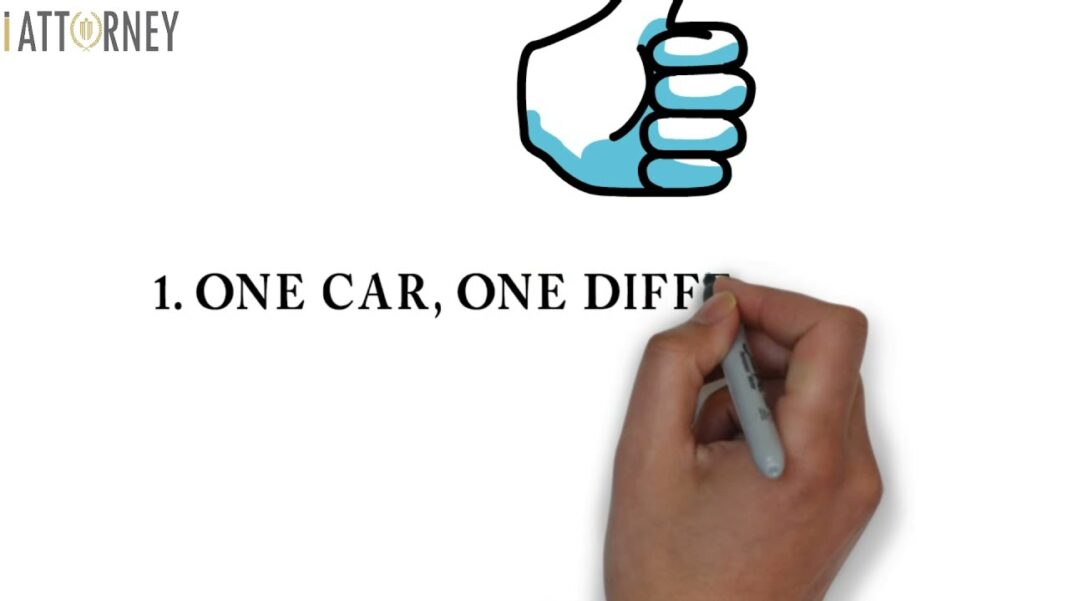Are you looking to upgrade your vehicle? Or maybe you have an old car sitting in your driveway that you no longer use. Instead of selling it or letting it go to waste, consider donating it to a charity. Not only will you be helping those in need, but you can also benefit from tax deductions. Donating your car to charity is a great way to make a positive impact and get rid of a vehicle that is no longer serving you. In this blog post, we will discuss the top tips for donating your car to charity so you can maximize your impact.
Understanding the Benefits of Car Donations
Before diving into the process of donating your car, it’s important to understand the benefits of doing so. Donating your car to charity has several advantages, including:
- Helping those in need: By donating your car, you are directly contributing to a charity’s cause. You could be assisting low-income families, individuals with disabilities, or other groups in need.
- Tax deductions: When you donate your car to a registered charity, you can potentially receive a tax deduction. This can significantly reduce your tax bill at the end of the year.
- Getting rid of an unwanted vehicle: If you have an old car that you no longer use, donating it is a better option than letting it sit and potentially depreciate in value.
- Environmentally friendly: By donating your car, you are reducing the number of vehicles on the road, which ultimately helps the environment by reducing carbon emissions.
Now that you understand the benefits of car donations let’s dive into the process of choosing the right charity.
Choosing the Right Charity
When it comes to donating your car, it’s crucial to select a reputable charity. Here are some things to consider when choosing a charity to donate your car to:
- Research the charity’s mission: It’s essential to choose a charity that aligns with your values and beliefs. Take the time to research the charity’s mission and goals to ensure your car will be used for a cause you support.
- Check the charity’s legitimacy: Unfortunately, there are many scams out there disguised as charities. To avoid falling victim to these scams, make sure the charity is registered with the IRS as a 501(c)(3) organization.
- Consider local charities: Donating your car to a local charity can have a more significant impact on your community. Plus, it allows you to see firsthand how your donation is benefiting others.
- Look for transparency: A reputable charity should be transparent about their operations and finances. You can check websites like Charity Navigator or GuideStar to view a charity’s financial information.
- Check for pick-up services: Some charities offer free pick-up services for donated vehicles. This can save you time and money in transporting your car to the charity.
Once you have found a reputable charity, it’s time to prepare your vehicle for donation.
Preparing Your Vehicle for Donation

Before donating your car, there are a few steps you need to take to ensure a smooth process. Here’s what you need to do:
Clean out your car
Before donating your car, make sure to clean out any personal items. You don’t want to accidentally donate something of sentimental value or important documents. Plus, it’s courteous to the charity to have a clean car to work with.
Remove license plates and other personal items
In most states, license plates stay with the owner, not the vehicle. Make sure to remove yours before donating the car. Additionally, if you have any special features or add-ons, such as a GPS system or custom wheels, you may want to remove them as well. These items won’t be included in your tax deduction, so it’s better to keep them for yourself.
Gather all necessary paperwork
When donating your car, you will need to provide certain documents to the charity. These may include the vehicle’s title, registration, and any maintenance records. Make sure to have these readily available to hand over to the charity.
Get a valuation for your car
To receive a tax deduction, you will need to determine the value of your donated car. You can do this by using online tools such as Kelley Blue Book or NADA Guides. It’s also recommended to take pictures of your car to document its condition in case of any discrepancies later on.
Tax Deductions and Paperwork

One of the main benefits of donating your car is the potential tax deduction. However, there are specific rules and regulations you need to follow to ensure you receive the maximum deduction possible.
Understand the tax deduction process
The first thing to understand is that not all car donations are eligible for a tax deduction. To qualify, the charity must be registered with the IRS as a 501(c)(3) organization. Additionally, the charity must use the car for charitable purposes, such as providing transportation for those in need. If the charity sells the car, you can only deduct the amount it receives from the sale, not the fair market value of the car.
Determine the value of your donation
As mentioned earlier, you will need to determine the value of your donated car for tax purposes. This is where having pictures and documentation of the car’s condition comes in handy. You can also consult with a tax professional to ensure you are accurately determining the value of your donation.
Obtain a tax receipt
Once you have completed the donation process, make sure to obtain a receipt from the charity. This will serve as proof of your donation and the amount you can deduct on your taxes.
Avoiding Common Donation Scams
Unfortunately, there are many scams out there related to car donations. To avoid falling victim to these scams, make sure to do your research and be cautious of any red flags. Here are some common donation scams to watch out for:
- High-pressure tactics: Some scammers may use aggressive sales tactics to pressure you into donating your car. Don’t feel obligated to donate on the spot. Take the time to do your research and make an informed decision.
- Fake charities: As mentioned earlier, it’s essential to do your due diligence and make sure the charity is legitimate. If something seems off or too good to be true, trust your instincts and find another charity to donate to.
- Overvaluing your car: Some scammers may try to convince you that your car is worth more than it actually is to increase your tax deduction. Make sure to get a valuation from a reputable source and don’t inflate the value of your donation.
Conclusion
Donating your car to charity is a fantastic way to give back to those in need and potentially receive a tax deduction. By following these top tips, you can ensure your car donation has the maximum impact and avoid falling victim to scams. Remember to research the charity’s mission and legitimacy, prepare your vehicle for donation, understand the tax deduction process, and watch out for common scams. With these tips in mind, you can confidently donate your car and make a positive impact in your community.

